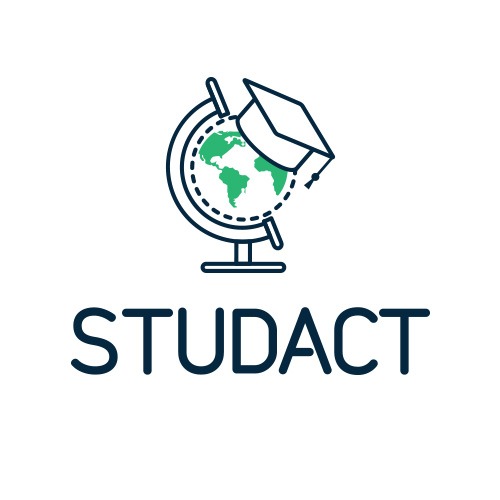
The study aims to gain insight into the German students with migration backgrounds perspectives on GCE (Global Citizenship Education) and their active involvement in initiatives associated with it GCE projects such as the human rights movement, climate action, body positivity as well as the #me too movement.
The German Federal Republic consists of 16 federal states, each with separate cultural jurisdictions. Starting in 2012, the German Federal government has placed a greater emphasis on increasing the number of citizens who actively participate in developing policy initiatives, continuously increasing funding and activities for Global Education. The primary stakeholders in these initiatives are civil society organizations, supported by the federal states, municipalities, and the national government of Germany.
By looking into students’ perspectives via a youth activism framework, we gain a fresh perspective on learner agency and appropriation; to offer insights into how teens in Germany engage in activism, raise their voices, and take ownership of their learning. The research will focus on middle-class students aged 15-18 from public, private, and international secondary schools in Berlin, German, juxtaposing their voices against the backdrop of policy, government, and educational curricula.
The research will also review the historical and political progression of GCE within the complex German system of dual vocational training and the history of post-war external and internal migration. Immigrant populations, questions of German-ness, inequalities as well as minority agency are significant in this research as they highlights the crucial and often neglected aspect of Global Education – the influence of youth activism and learner agency in driving social transformation.



